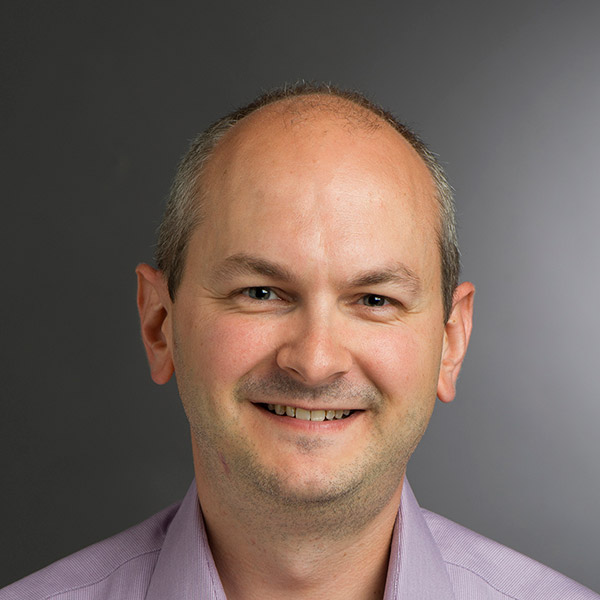Jeffrey Mills

1. How Do You Teach Applied Critical Thinking?
One of the courses that I teach is Science Exploration (GSCI-101/102). The goal is to facilitate first-year College of Science students as they apply various disciplines of science to a significant, real-world problem. My students chose transportation as their umbrella topic and several students quickly formed a group with interests in the potential roles of biodiesel in public transportation and commercial shipping operations (e.g. air travel and UPS). These types of problems essentially throw the students into the deep end of the critical thinking pool. There is no single equation, theory, class, or major that can solve this problem. There is no single “right answer”. They have to draw on all of their previous experiences and knowledge and synthesize new ideas and hypotheses. They have to be creative problem solvers. They have to reflect on what they know and what they don’t know. We have a lot of open-ended, meandering discussions where students frequently ask: what is interesting about this problem, what can I contribute to the group and the problem, and where are the gaps in my knowledge related to this topic? When the students expressed interest in biodiesel, I asked Dr. Jeff Lodge to come in and (1) discuss some of the many examples from his own career and also (2) act as an expert/consultant on their project. My students were able to see how such a massively complicated system required so many disciplines. They started realizing how their interests in mathematics, chemistry, biology, engineering, physics, and even business could be tied to this system. They started to realize that they could take concepts from various classes and apply them to this large system.
2. Why Do You Think Applied Critical Thinking is Important in Your Domain?
Chemistry, like most disciplines, starts with procedural learning. This is an atom, this is how you perform a titration, or this is how you make an enzyme. The really cool part is taking that information and doing something interesting and useful with it, applying it to a real problem, pushing the limits of it, integrating it with other fields, figuring out how well you really understand something, understanding its strengths and weaknesses, etc. Without applied critical thinking, we’re left with this is an atom … and that’s a crucial piece of information but it never cured a disease or solved climate change.
3. Can You Share a Story Where Quality Applied Critical Thinking Was Key to Your Success?
Maybe I’m being a little too relaxed on my definition of success, but I’m going to be very generic and say that I am happy with my professional life – and isn’t happiness a good measure of success? I’ll say that I have been successful and I’ll say that critical thinking has been a key to me being happy with where I am professionally. That doesn’t mean that the road to where I am has always been, what I would call, “smooth”. I was trained as a physical chemist that applied nuclear magnetic resonance spectroscopy to biological/biochemical problems related to protein structure and protein function. My training incorporates at least three different branches of science and each branch consists of multiple undergrad or graduate classes. If I can’t integrate knowledge and data from all three fields that I learned separately, then I am not able to do my job. I love the diversity and variability that goes with tackling large scientific problems.
4. How Do You Use Critical Thinking in Other Areas of Your Life Outside of RIT?
I fell in love with photography about 30 years ago. While I can’t say that I am a successful, world-renowned photographer, I can say that I am relatively happy with how I have progressed over the years. As a scientist, I love learning about the science of photography. I enjoy trying to understand the physics of a lens, the chemistry of film, and the algorithms behind digital image manipulation. I enjoy the technical aspects of making a good photograph combined with the creativity. Even though I can integrate and understand the “science of art”, that doesn’t make me a good photographer. Like many things, reflection, critical examination of prior work, passion, and practice are essential to growth.
5. Any Last Critical Thoughts?
Never stop learning.